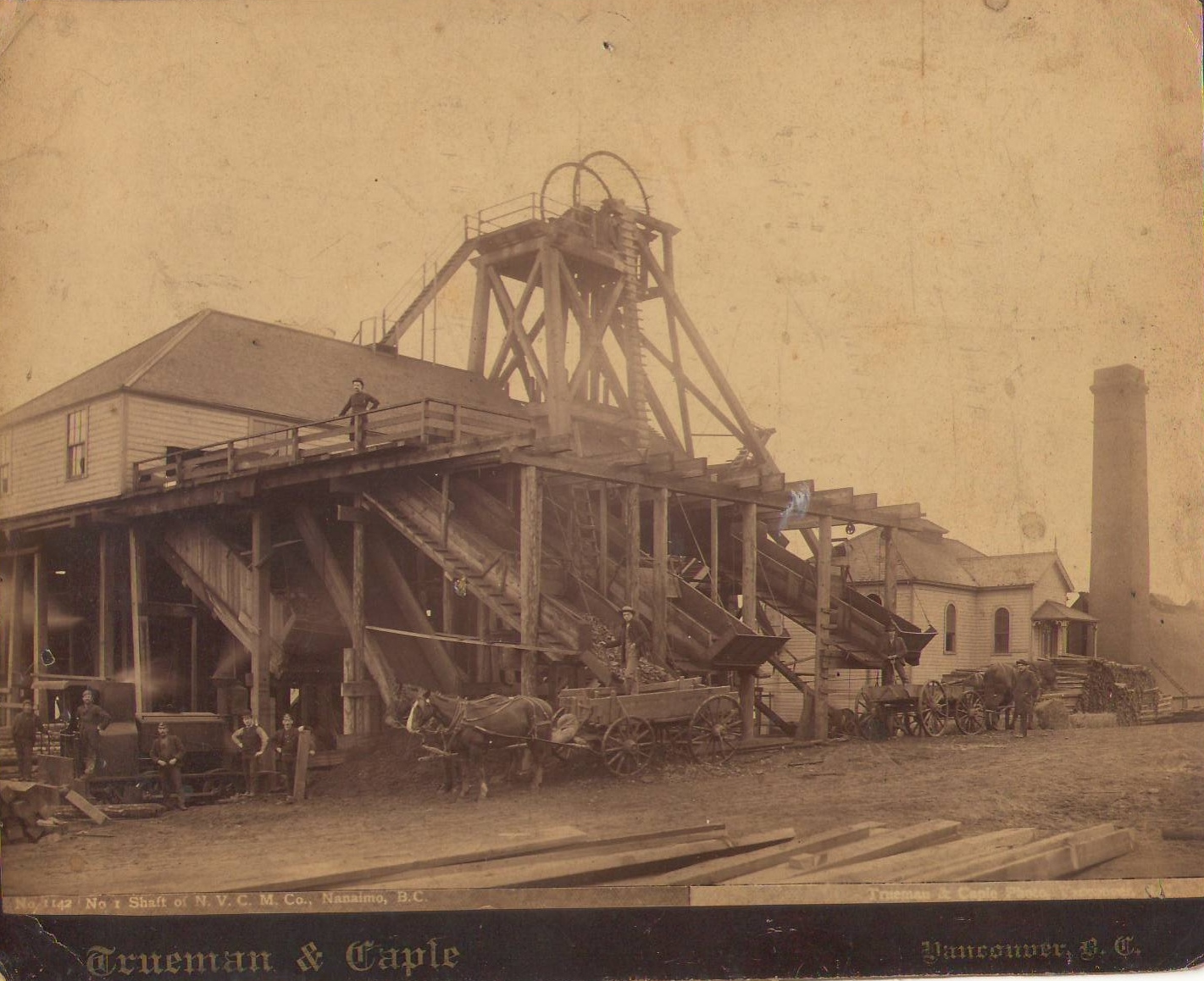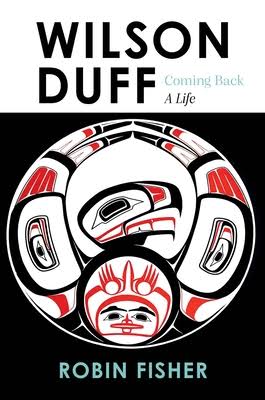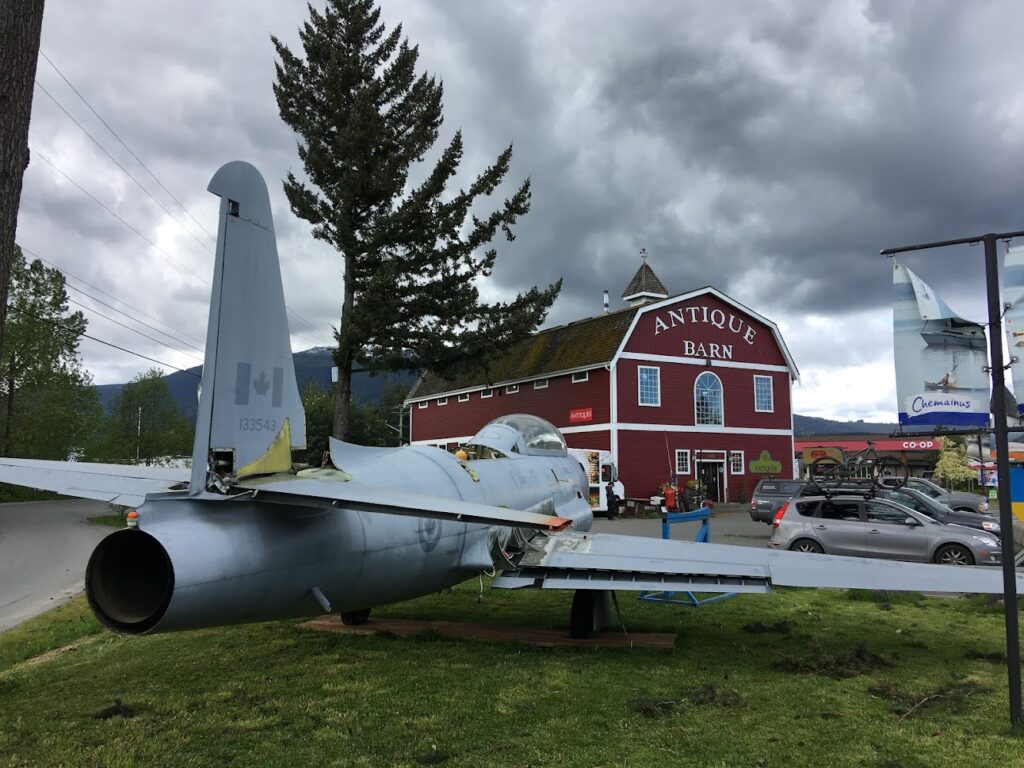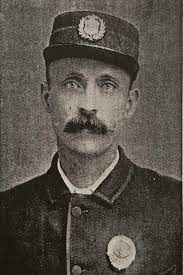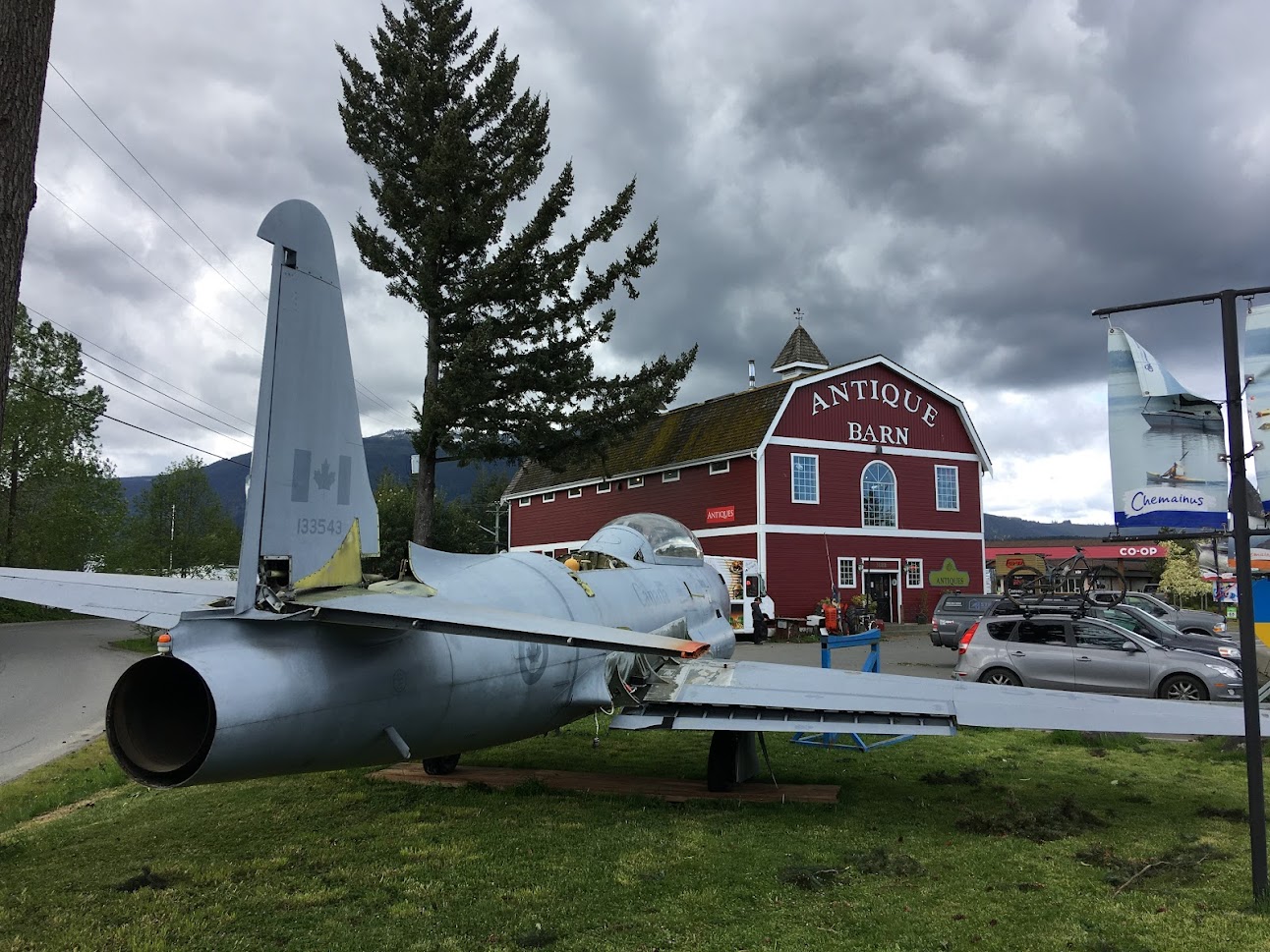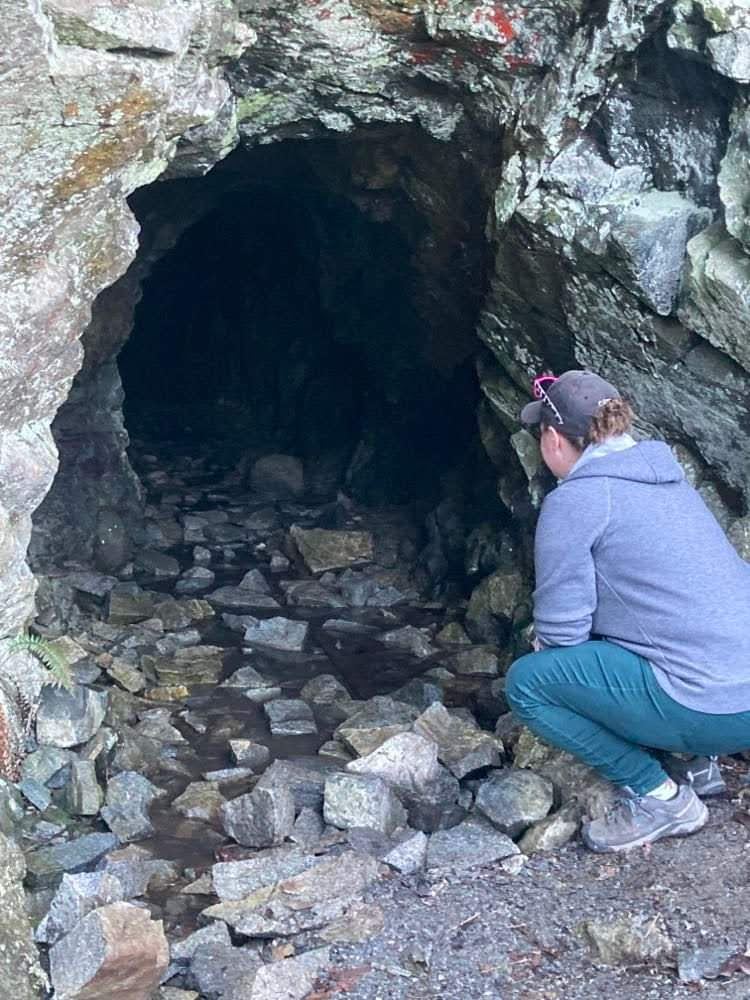Dave Flawse
Intro: In February 2022, I knocked on the glass doors of the Nanaimo archives and met Archives Manager, Christine Meutzner to talk about her 25 years cataloguing Nanaimo’s history.
*Transcript edited for clarity and brevity.
Dave: You received an award of recognition from the British Columbia Historical Federation last year for your 25 years of service advocating for Nanaimo heritage and history. Congratulations!
In your acceptance speech, you said “Nanaimo has an endless supply of research subjects. Everything from coal mining and geology to labour history to class conflict and social aspirations, to its relentless reinvention of itself over time.”
What are some examples of Nanaimo reinventing itself over time?
Christine: First Nanaimo was purely resource, almost exclusively coal-mine based and everything that was built around it was to support that coal mining.
By the time that petered out, Nanaimo realised it would have to have something else as an identity. So that shifted towards the “Hub City,” a distribution centre based on the economy being driven by industries like Harmac [a paper mill].
And then it decided, like all communities did across the western world, it would be really touristy. It’s just that Nanaimo has left a bit of a wake of debris in its place.
And now I’m not exactly sure what it is. And I notice when tourists come here, they can’t get a bead on Nanaimo. It has a very intangible quality. It feels like 12 towns, not one cohesive town.
And part of that is the function of history. It was literally different towns and only got knit together fifty years ago, legally. North Field, Wellington, Chase River those were all distinct communities.
In other places that has turned out to be a good thing. You can go to New York City and there’s little Italy and Chinatown and it doesn’t feel like that’s a bad thing. It feels like it’s rich and diverse.
Here it feels like there’s something not quite right. You hear a lot of nastiness directed at various neighbourhoods [from locals] that I always find always appalling. I wasn’t used to this kind of dividing line between lower class and upper class. It’s something really out of date.
So, Nanaimo has reinvented itself, but every time it did that it seems to have been really big on just demolishing everything before it to where we have this really spotty housing stock.
The big fear for a long time was that people get off that ferry and either go straight up to Strathcona or down to Victoria. They weren’t staying here. They’ve always been kind of desperate to think of how they can make people stay instead of making the town and keeping or reinventing or reusing some of the buildings.
A place like Nelson, that people praise, has a cohesive downtown. That’s because they didn’t have any development pressures. So, in a way having nothing economically for a long time was a good thing.
As the economy boomed, Nanaimo reinvented itself to be something else. They seem to have knocked so many things down here and just demolish, demolish, demolish. I’ve never seen anything quite like it. The city has a heritage register and we have to keep on updating it, not because the building went in a fire, but because we demolished it.
We would have had a much more attractive overall area if things looked lovingly preserved as opposed to just a lot of empty parking lots. It’s not very welcoming.
Nanaimo doesn’t feel hooked together. And maybe that will change in time. It maybe just hasn’t come into itself. Now I see it’s being filled in with some infill housing and that’s good because it’s better to have a good new piece of architecture sitting there than a parking lot with garbage floating around in it.
Nanaimo has this lack of self confidence. Or it doesn’t really like itself. I’ve been told many times that there’s a hangover from it’s coal mining population. You can feel some sort of discontent or indecision baked right into the landscape.
I sound really cynical, but it has these great bones. It’s a beautiful waterfront.
Dave: To me Nanaimo seems like the Gotham City of Island cities. It’s got that dark side to it.
Christine: It feels that way to me when I’m walking around, and that’s not just recent. It’s always felt that way.
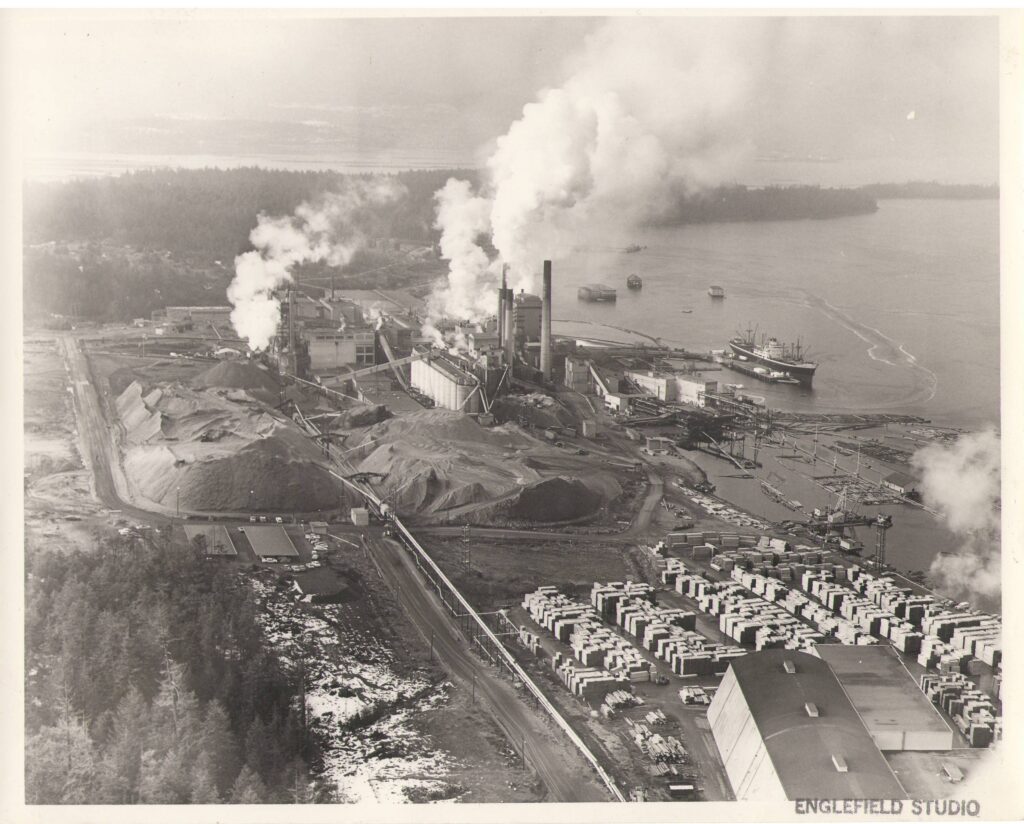
Dave: I don’t see it necessarily as a bad thing. It’s just got that edge to it which would be a hard thing to exploit for tourism.
Christine: It is what it is too. It seems like it doesn’t know who it wants to be, and it never quite makes it there. Even with the best intentions and a whole whack of community people that work on these things and go to these meetings and have ideas.
Dave: It keeps the history interesting.
Christine: It does. It keeps us on our toes because we have to constantly update, change our descriptions, and keep on top of it. For me as an archivist, or anyone here who’s a historian, it’s an incredibly rich town because it does have an incredibly bizarre topography, weird places filled in, lots of 5-way stops.
The whole initial town [the hub], there’s only two of these in Canada. Guelph has one very similar and that’s it. And this was a deliberate attempt, ironically so, to make Nanaimo “city beautiful” in 1862. That’s really early, way before Vancouver was really thought of.
Of what architecture remains, it does have some really beautiful things. It’s got an interesting social and cultural history. Always had a lot of community groups and a lot of entertainment—there still is.
You could go out almost every night to some professional or amateur play or music. Politically it’s got not only some great characters like Frank May, but it has an interesting labour history similar to Cumberland in some ways, just slightly longer.
It’s got a lot for historians to draw on. You would never ever run out of topics here. And every time I think I know something I am proved wrong. People always think history is this solid thing, but history is never ever finished, ever. We keep on getting more records and think, “Oh, I got that entirely wrong.” We have to update and revise all the time.
There’s something to be said about history being so fluid. Everything we think we know will morph into something else because we learned more in the meantime.
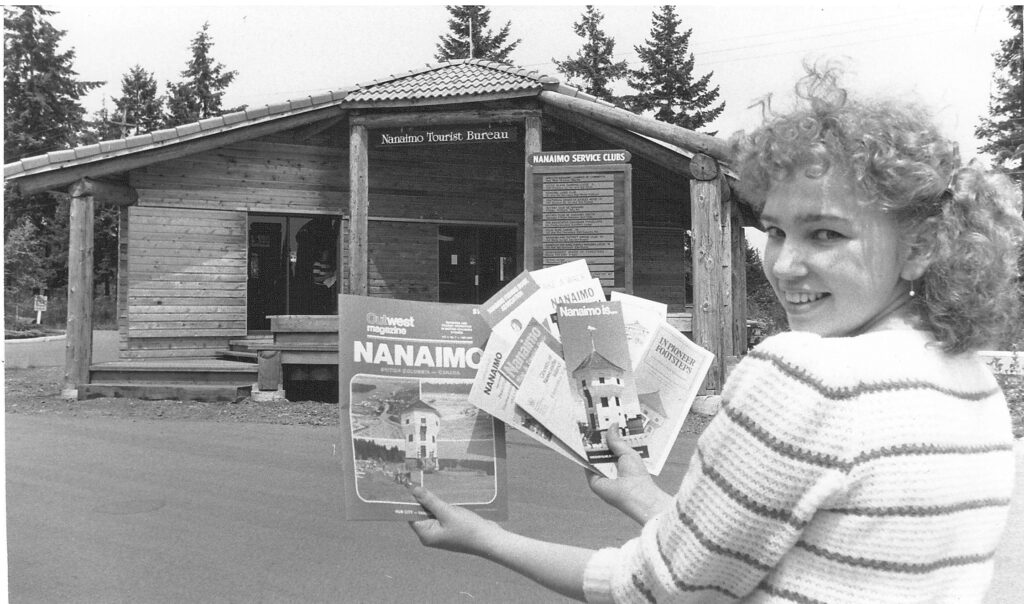
Dave: One of those fluid history moments is research you did back in 2015 about the Black community in Wellington. Jimmy Claxton, the first black man to play organized white baseball in the 20th century, is one of the most well-known Black Canadians in history. But you always believed the Claxtons couldn’t have been the only black family living in Wellington in the late 19th century and uncovered the community of 60-70 people there.
Why does this community and Black History interest you?
Christine: I wouldn’t say that I had the interest before, except that the Wellington neighbourhood association at that time and the city and the African Heritage Society wanted to do a plaque in Wellington, and they wanted to include Jimmy Claxton.
I said, “well, hold on a second.” The city has a plaque policy where you don’t just focus on one person. You do the whole community and then you can do a sidebar about that one person.
It was a good opportunity to do a plaque about the whole Wellington community. I wanted that plaque to comply with that policy but also to do that research that is hardly ever done thoroughly.
I started to do some research and found his parents and more about them. I found some neighbours and it just grew and grew and grew until I ended up with 70 people. I’m really glad I did it.
The plaque is still not up because they can’t find exactly the right place to put it. Whatever, that’s fine. I don’t even care about the plaque anymore. I’m glad that information is out there.
It’s a way of saying there’s not just one history. There’s a million of them.
I was shocked by the response to the story. It’s a CBC podcast. I didn’t know that until way after. Obviously, there was some interest in knowing who else was there. https://www.cbc.ca/news/canada/british-columbia/hidden-history-of-african-american-settlers-in-wellington-b-c-uncovered-1.3114170]
Dave: For 2015 you were on the leading edge of this sort of discovery of minority communities.
Christine: At the time I wasn’t even really thinking about that. I was thinking, “I better have a good plaque and it better be true and it better be true to our policy,” otherwise our policy means nothing.
I had all these people contact me and it was just so amazing. There was obviously some sort of thirst for it. Who knew I was on the cutting edge? I really didn’t know.
I’m thrilled to have done it because now it stands until someone corrects that or adds to that. Then it might morph again into an even bigger community for all I know. It’s great when people can use your work as a foundation stone.
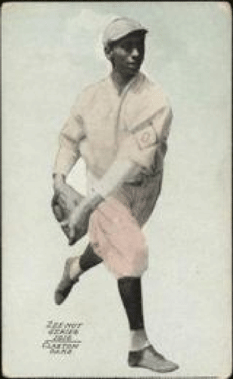
Dave: Let’s jump to 2020. In the midst of the pandemic, you said there was considerable urgency to record and preserve what was going on in Nanaimo “on what may be the most important material we, as organizations, ever collect.”
What was the response to your goal to archive Nanaimo’s pandemic experience?
Christine: People who were particularly vulnerable, I could not get them to talk. I got one lady and that was it.
I have a girlfriend who’s 39 and has two little kids and she just cried and cried and cried. She promised me she would interview again and again. She said “I can’t even talk about it. I was so scared for my little girls.”
We probably should have waited to even start it. Remember there was that little period when it was really awful then it seemed okay for while and then it went back again? We should have gone when it seemed okay.
The woman who started the hearts in the window thing, she’s from Nanaimo. I didn’t know that, and I had real trouble connecting with her.
I had two lawyers. I had some teachers. I just could never get it up to completion. And the difficulty by then, six or seven months in, I was starting to get a little depressed about it. It’s hard to put your heart in it when you’re thinking, “this sucks.”
I have an immune compromised daughter, so I was worried about that quiet a bit too. It just didn’t gel for me, and I’m not pushy enough to insist that someone do it when I could tell they didn’t want to do it, you know?
I did also get a letter from someone who didn’t want to talk face to face. It was all maybe just all too sad at the end of the day for me.
Dave: And what are you doing with the material you did get?
Christine: I have one longer interview recorded on zoom and been asked not to release that for awhile. We will archive it with a restriction not to use until a later date. The guy who wrote the letter, I would catalogue like anything else.
We might still pick it up, but right now my first priority has been trying as best we can to serve the public in not really great circumstances.
We can’t let people in who refuse vaccinations and honestly, I find that really hard. They are long-time visitors, and I have to tell them they can’t come in. I found that really awkward and distressing. It’s been as weird for me as it has been for customers.
Yesterday on my drive home, there were two people dressed in pure white coveralls, wearing masks and they had signs that said, “Pay taxes and die.”
You see these hallmark slogans like, If we don’t know the past, we can’t plan our future. Is that true? What did we learn from racism? What did we learn from war? We just make the same mistakes, and I was starting to feel like that again.
When people started to push back [against mandates], it was really hard to come in here and think that [the work] was important, because here I am sitting on my history chicken eggs all loving and people aren’t learning a damn thing.
I had a real loss of faith of humanity over the last year of covid. I came every day, but there were some days I thought, “what was the point of me doing all this work if nobody really cared about it?” Why bring forth the Black community, just so people could throw things at them, even metaphorically through history?
Then about six months ago I decided to go back to my normal cheerful self.
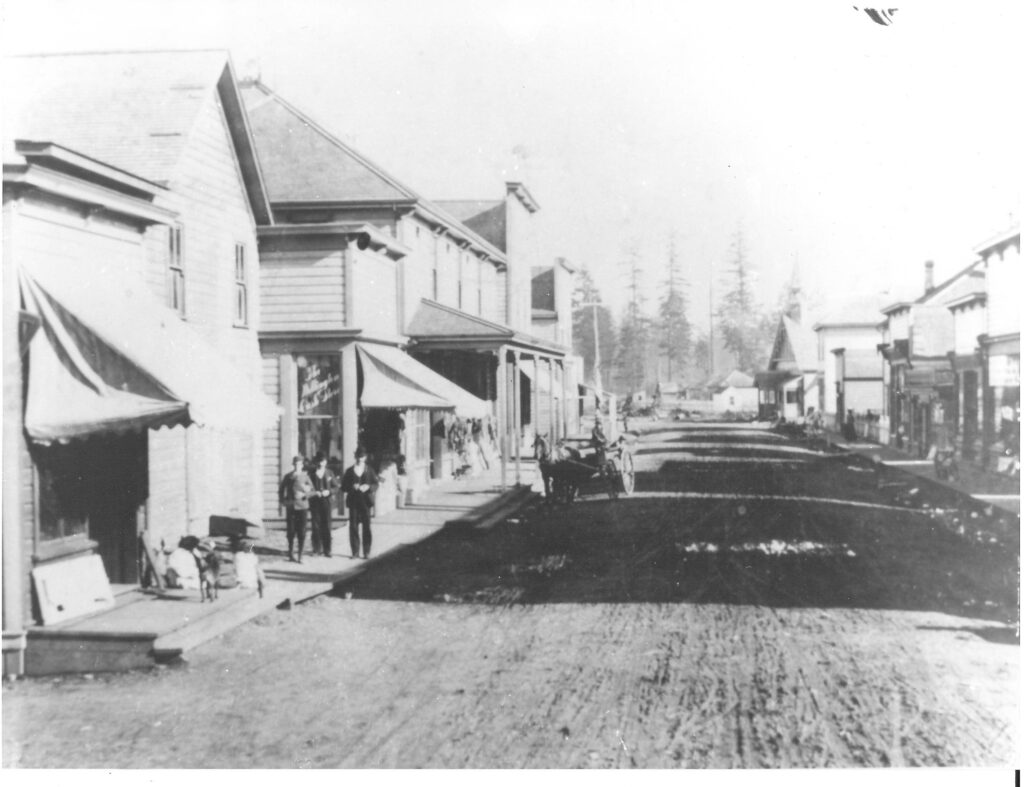
Dave: What does an archivist’s work look like in the future?
Christine: The internet has fundamentally changed things. In good and bad ways.
In the bad way is that just going on google and getting one result is not doing research. You should evaluate sources on the internet in the same way as you would do if you were sitting in a library. Reading one article isn’t even research. The way people use that word is loose.
On the other hand, if you can get original documents like census returns and stuff, it’s the best thing ever, especially during the pandemic for people who couldn’t go out but even before that.
The internet is the best research and the worst. But it has fundamentally changed things. Archives now have to have a social media presence and need to have the same care for those photos or maps that you would have as if you were handling them in person. I think archives need to plan their social media plans a lot more.
And plan for people having different expectations. In the future people will be hardwired to expect and answer very quickly from the internet. They’re not going to want some old lady fussing around trying to find something. That won’t work anymore.
They will not only expect you to find it right away, but have it sent to you right away. If you’re going to survive as an archive, you’re going to have to think differently about how you deliver records.
Dave: This has been great, Christine. Thank you for your time!
*Photos courtesy of Nanaimo Archives
